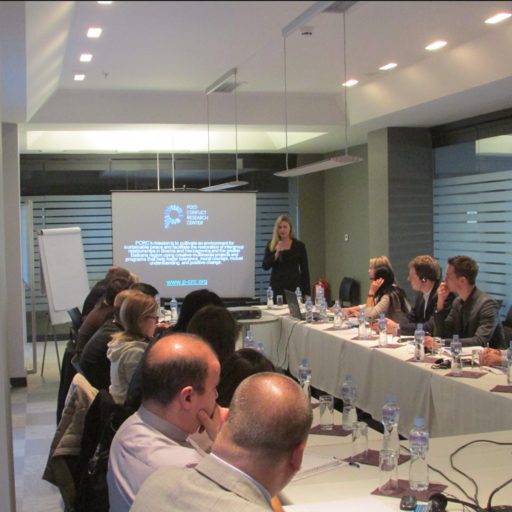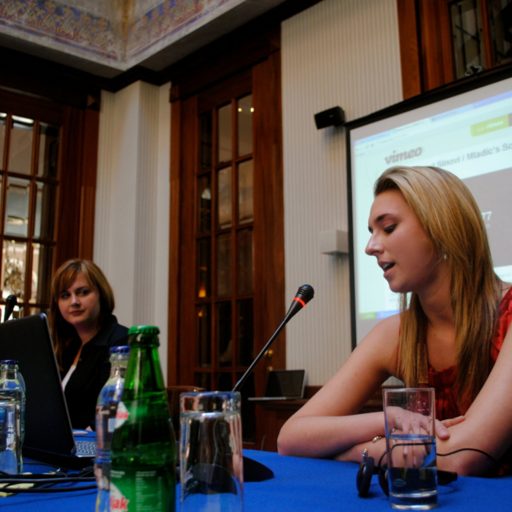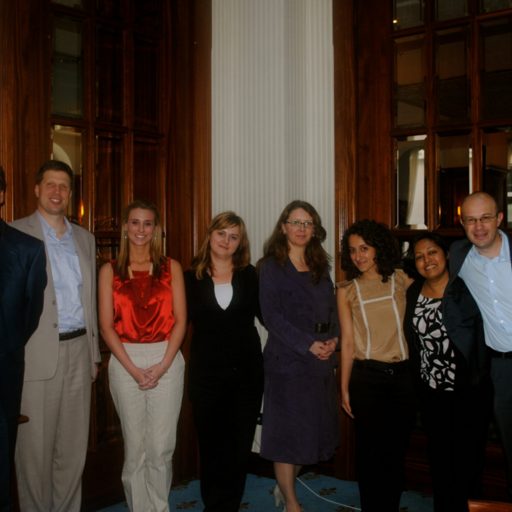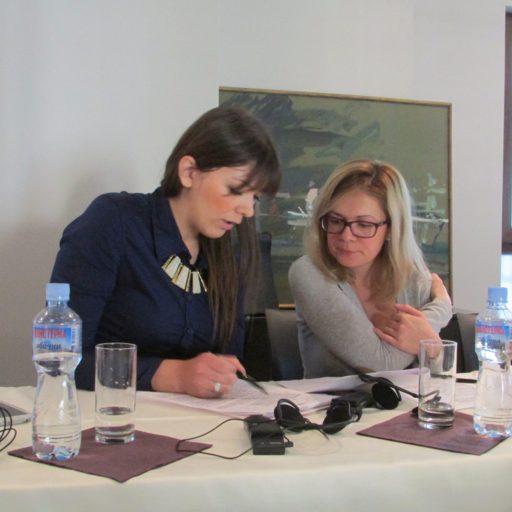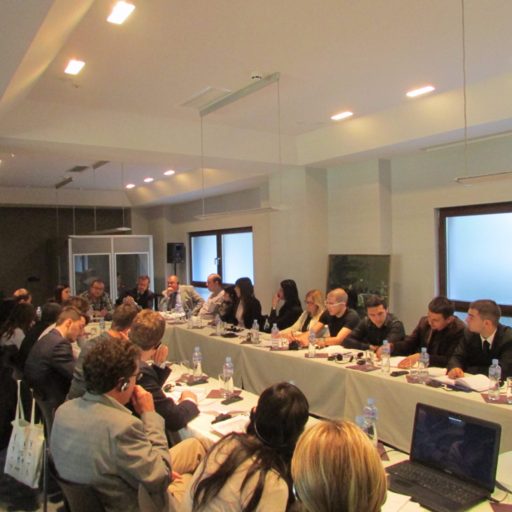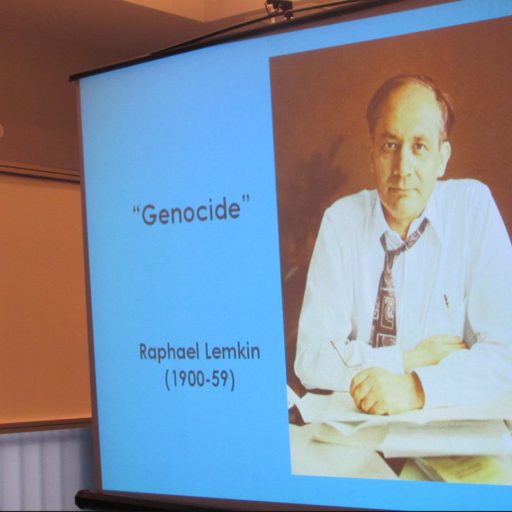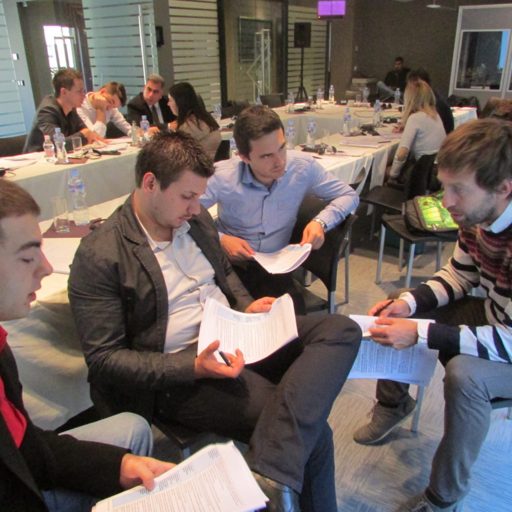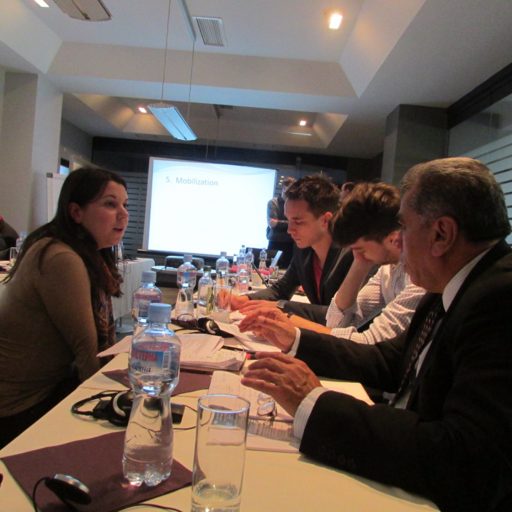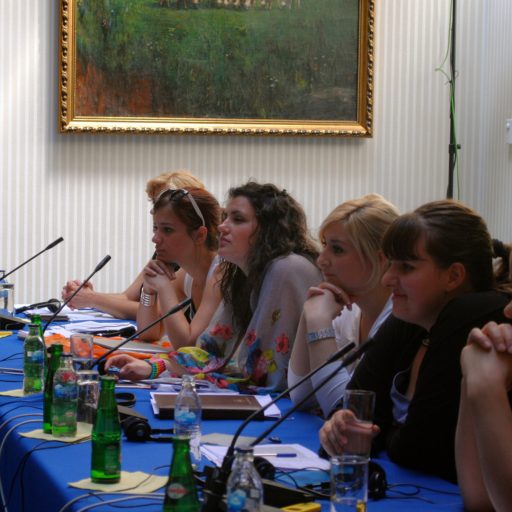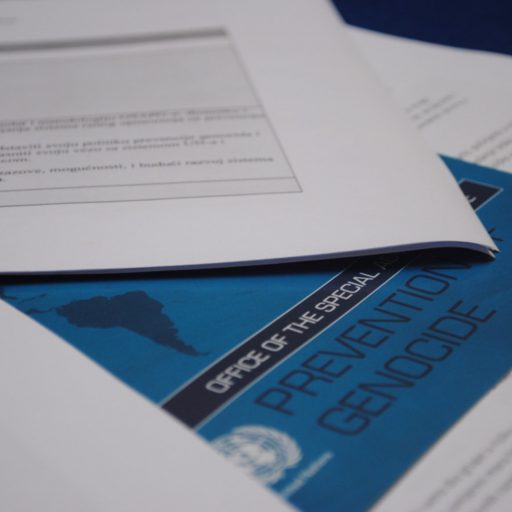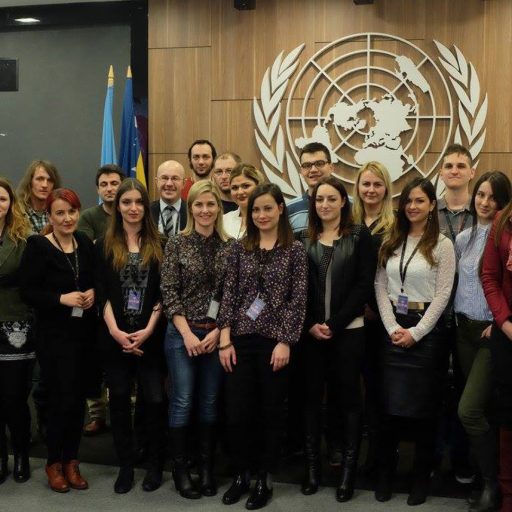Preventing and Responding to Genocide and Mass Atrocity Crimes
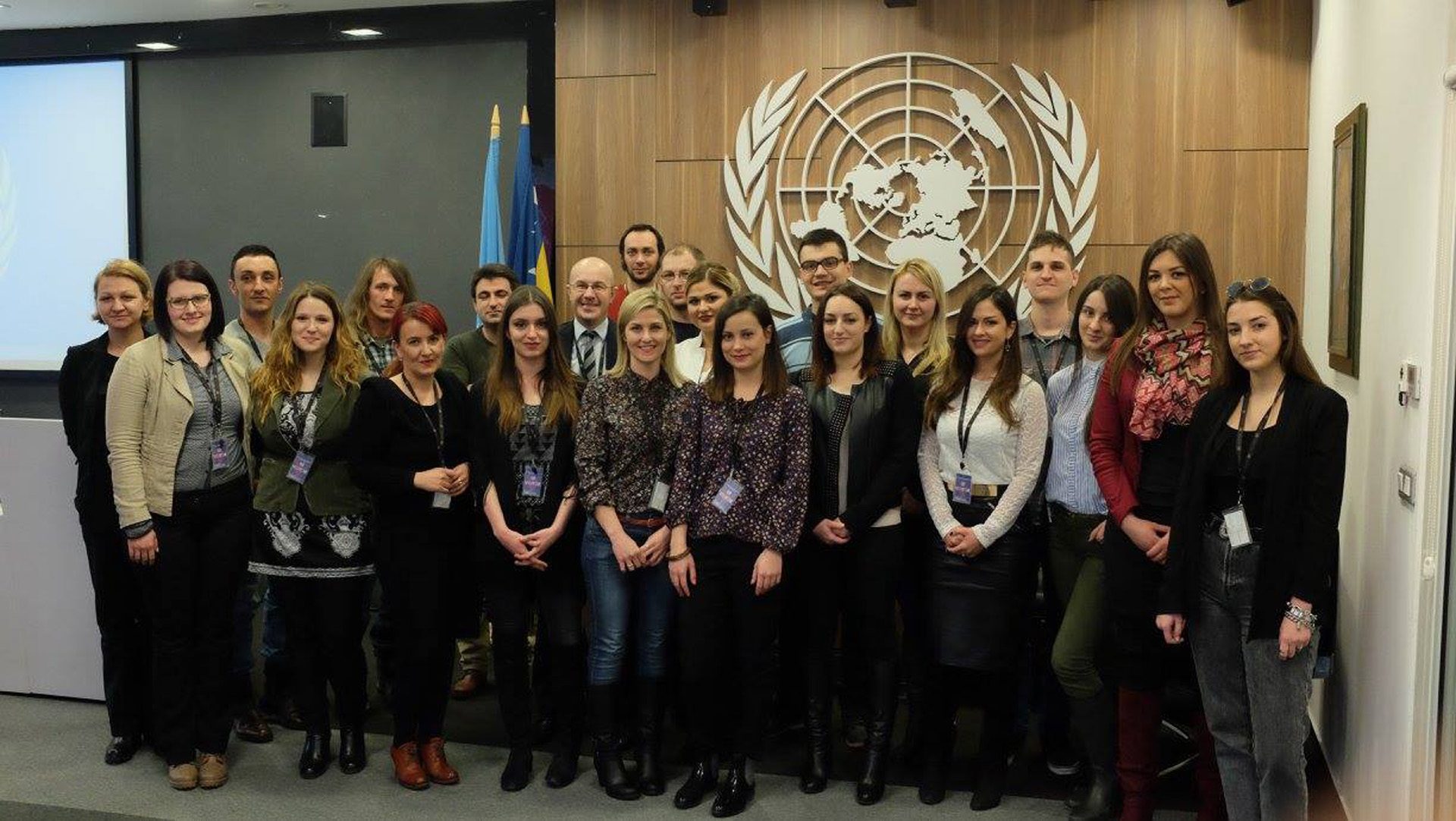
Date of Implementation: June 2011 – ongoing
Partners: UN Office of the Special Adviser on Prevention of Genocide
Supported By: UN Office on Genocide Prevention (UNOGP)
Website: https://cgmap.org/
Primary Objective: To the increase the capacity of civil society organizations (CSOs) working in the Balkans in the fields of human rights, social work, law, peacebuilding and transitional justice to prevent and respond to genocide and mass atrocity crimes.
Since 2011, PCRC has been working in partnership with the United Nations Office on Genocide Prevention (UNOGP) and with the support of United Nations Development Programme (UNDP BiH), to organize a series of regional seminars that educate participants about the causes and dynamics of genocide and related atrocity crimes, how to recognize the warning signs of potential conflict, and the various policies and mechanisms that exist to prevent genocide and mass atrocity crimes.
Participants are instructed on the use of the UN’s framework of analysis in determining whether there may be a risk of genocide in a given situation. They also learn about early warning and response strategies, how to report conditions on the ground to the appropriate actors, how to respond to concerns of local and regional partners by mobilizing appropriate action at the international level, how to organize local communities to counter hate speech and violence, and how to use social media and other technologies in their efforts to prevent violent conflict.
Over the past seven years, 86 CSOs throughout the Western Balkan Region have attended this seminar. Participating countries include Bosnia and Herzegovina, Croatia, Macedonia, Montenegro, and Serbia. The 2017 seminar resulted in the creation of a regional CSO coalition for the prevention of genocide and mass atrocities. This specialized network consists of over 30 of the region’s leading civil society organizations (CSO) works to monitor and report on early warning signs of inter-ethnic violence, mass atrocities, and genocide. After six years of capacity building and over 120 representatives trained, CSOs came to agree that a regional coalition supported by the international community would give rise to new processes for tackling corruption, discrimination, stereotypes, and hate speech.
These kinds of seminars make it possible for civil society organizations to connect, exchange their opinions and improve their cooperation which is one of the most important steps in the process of reconciliation.


